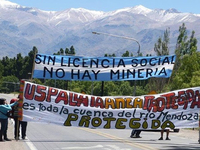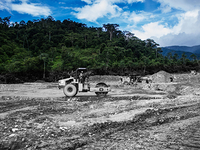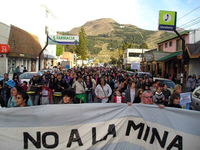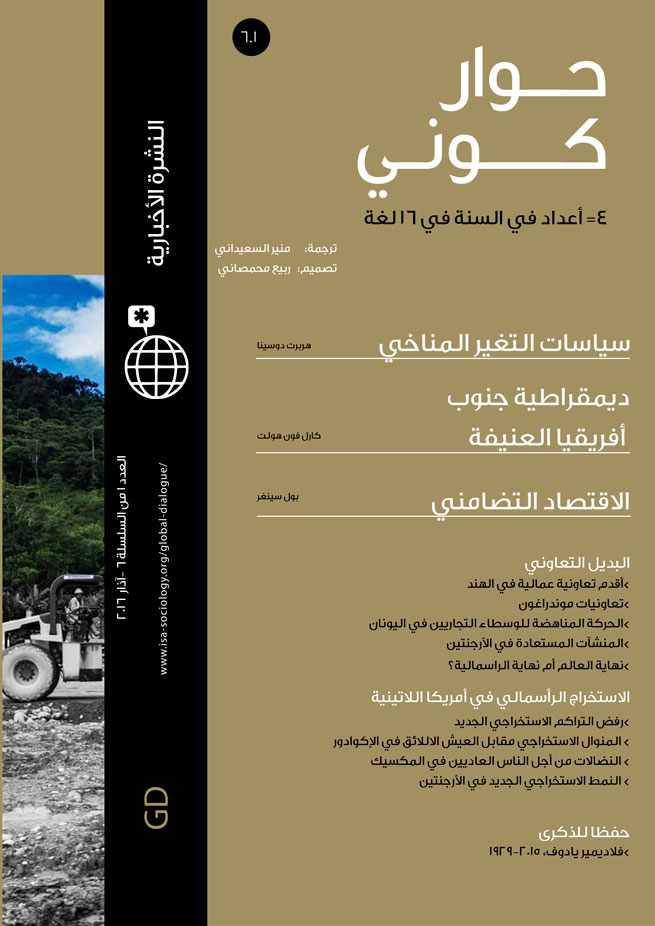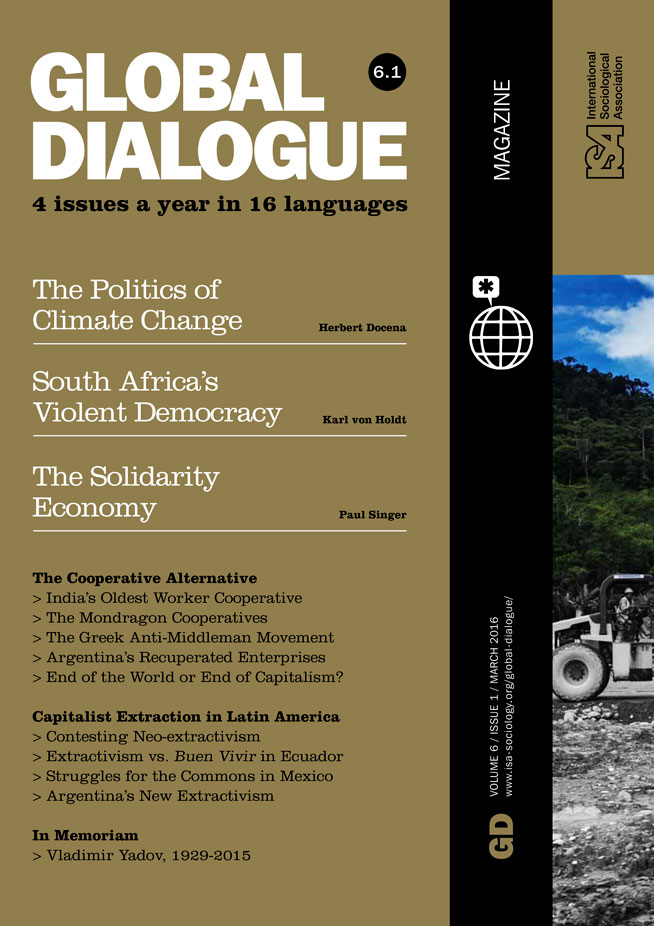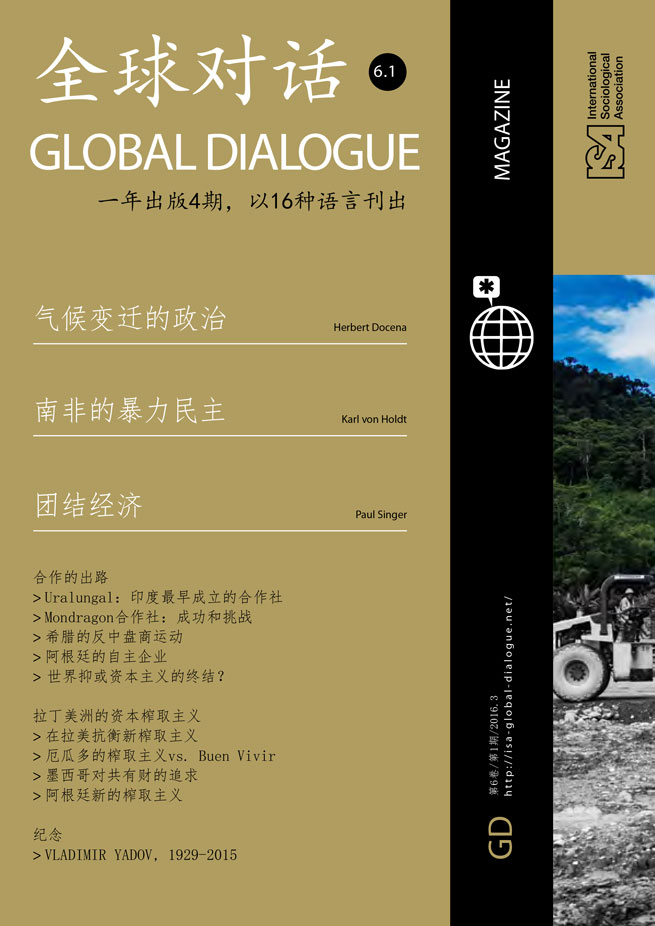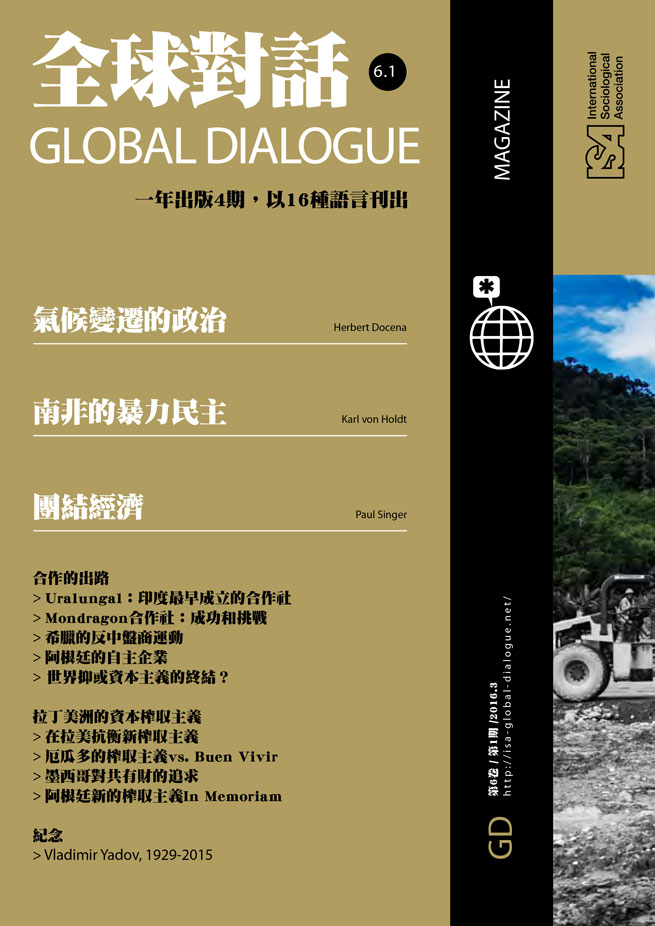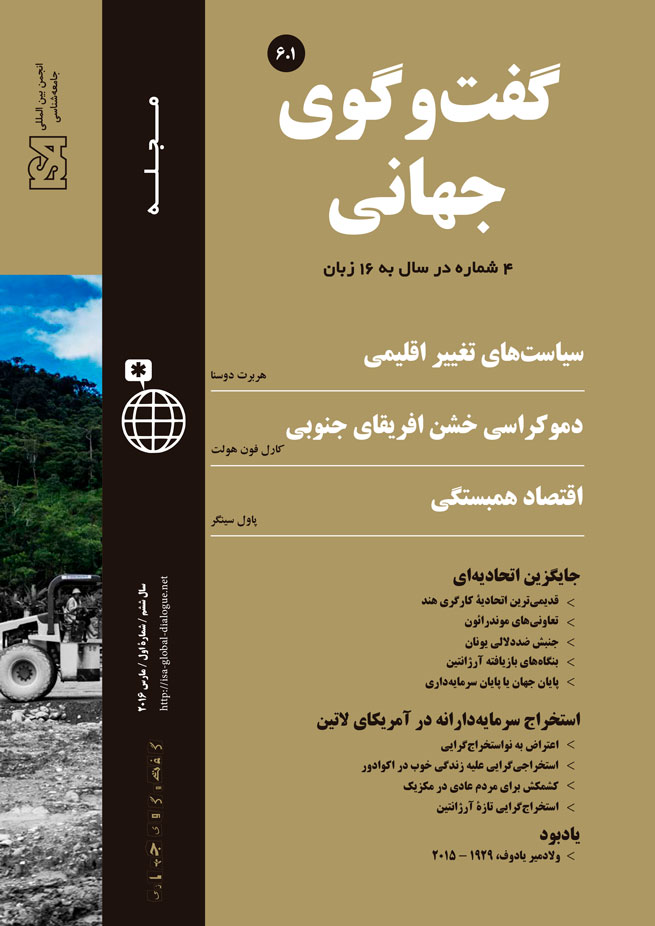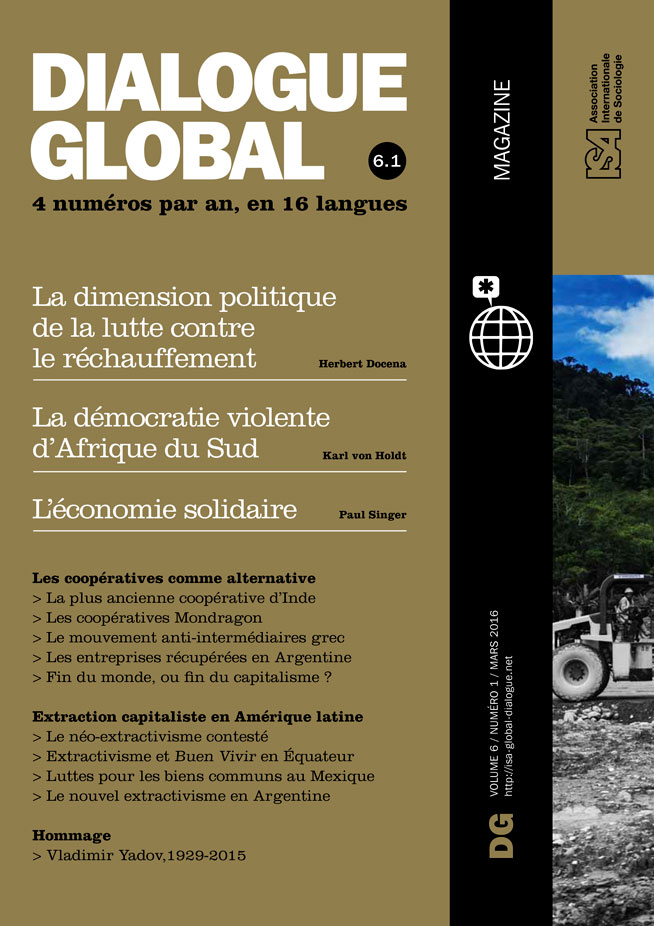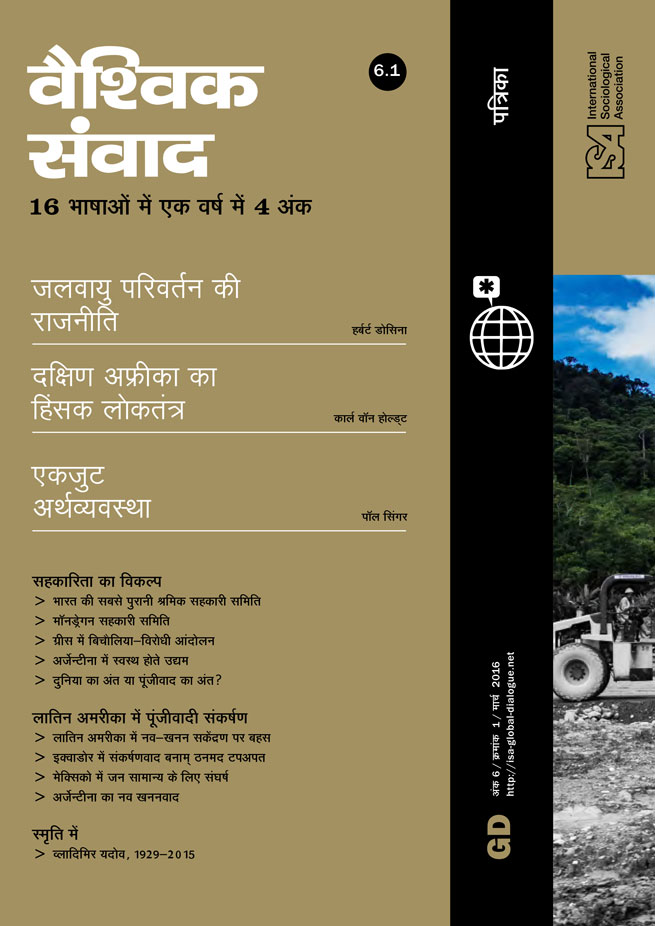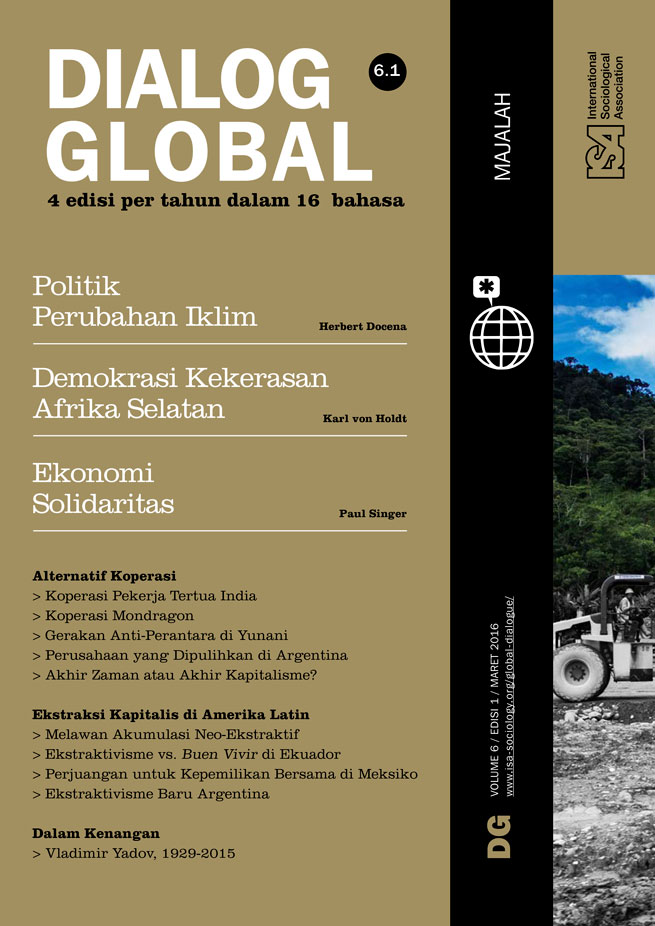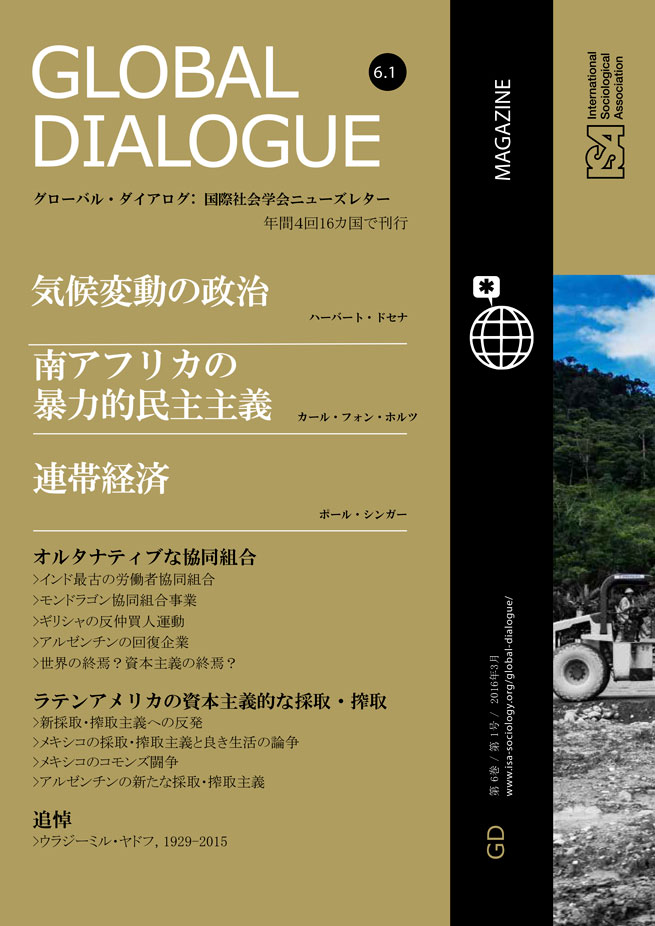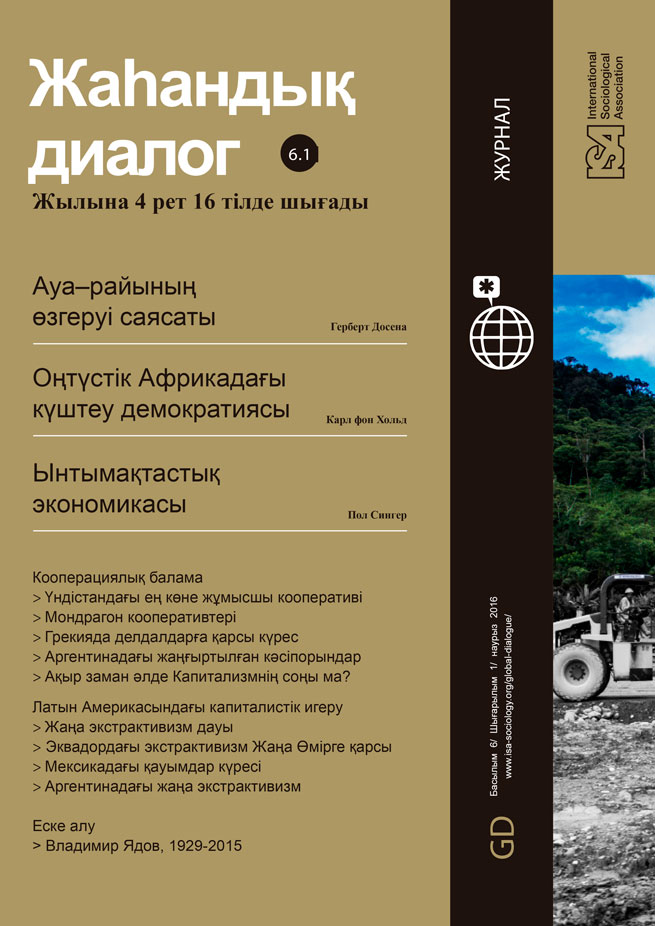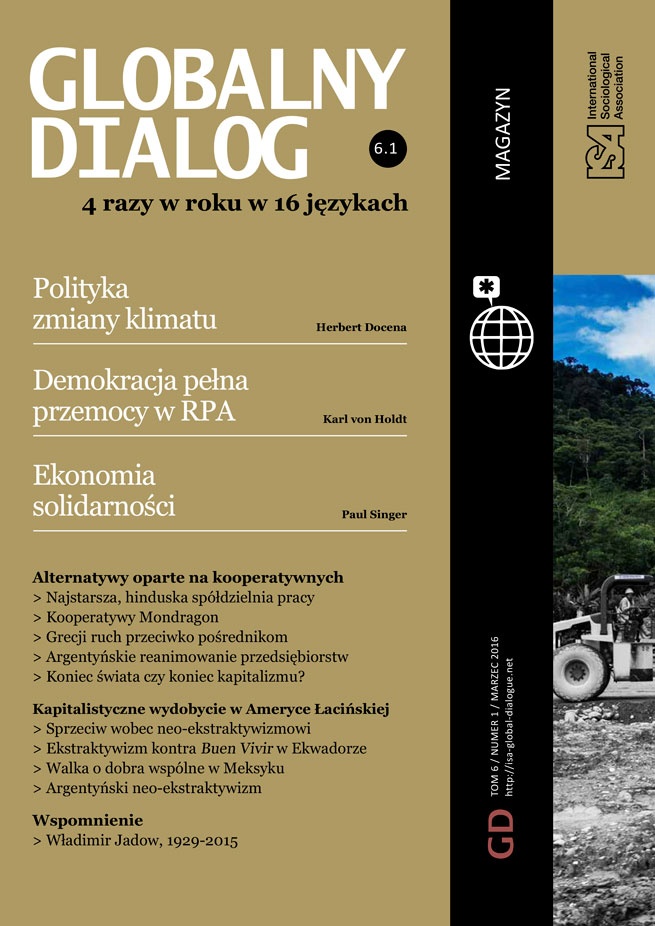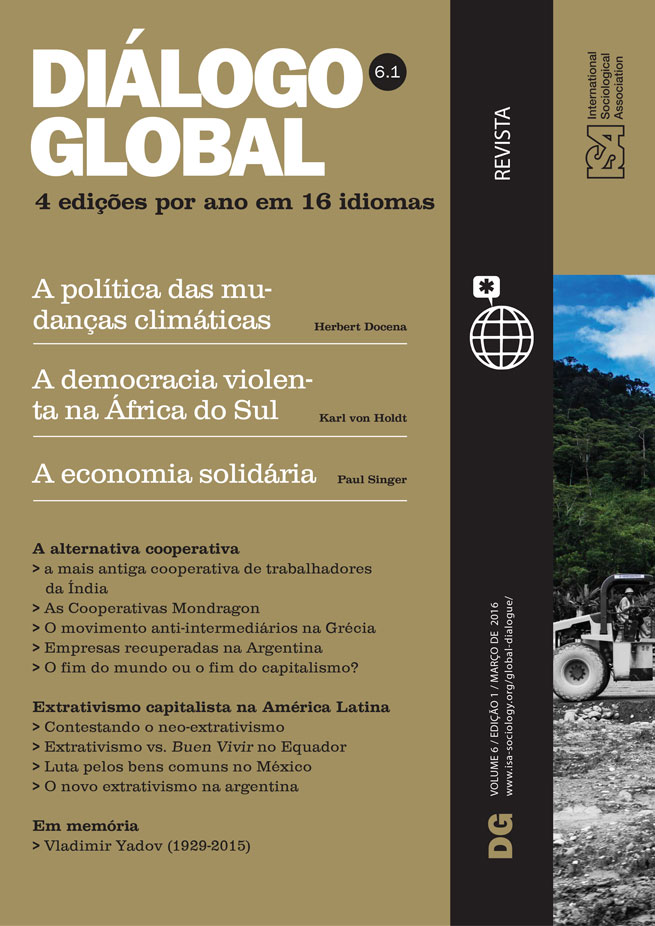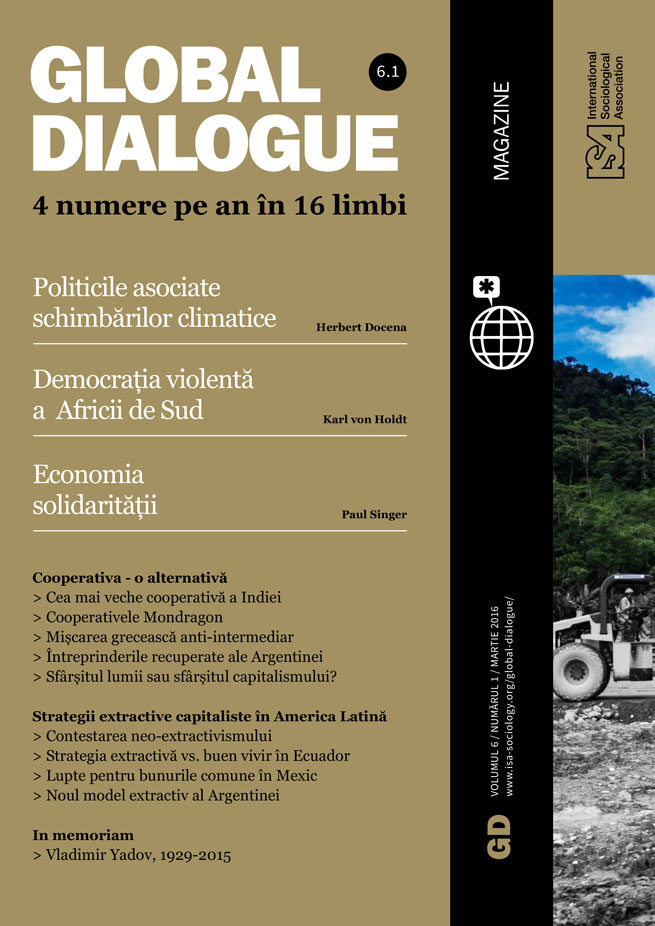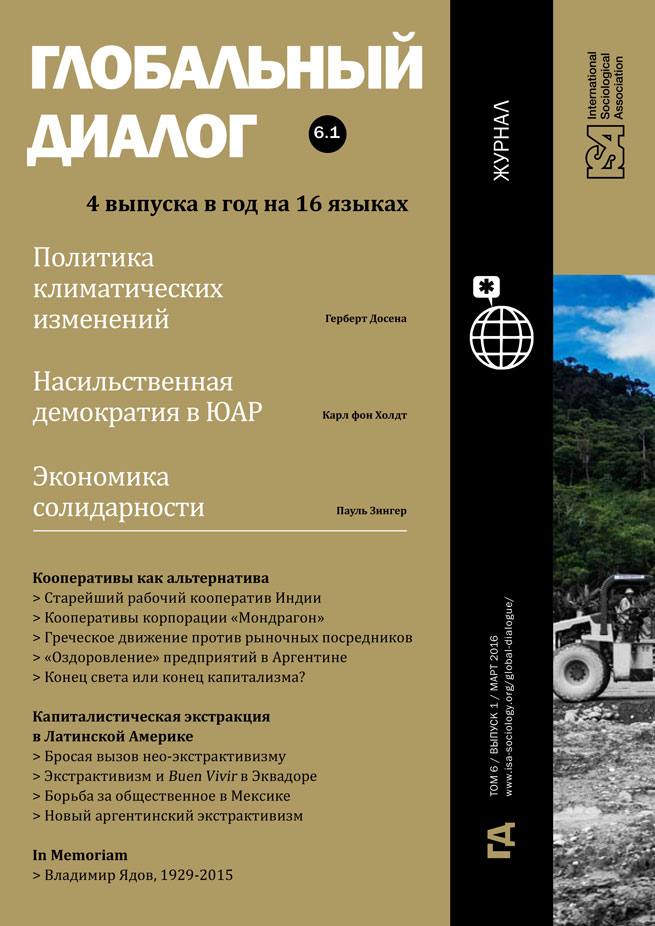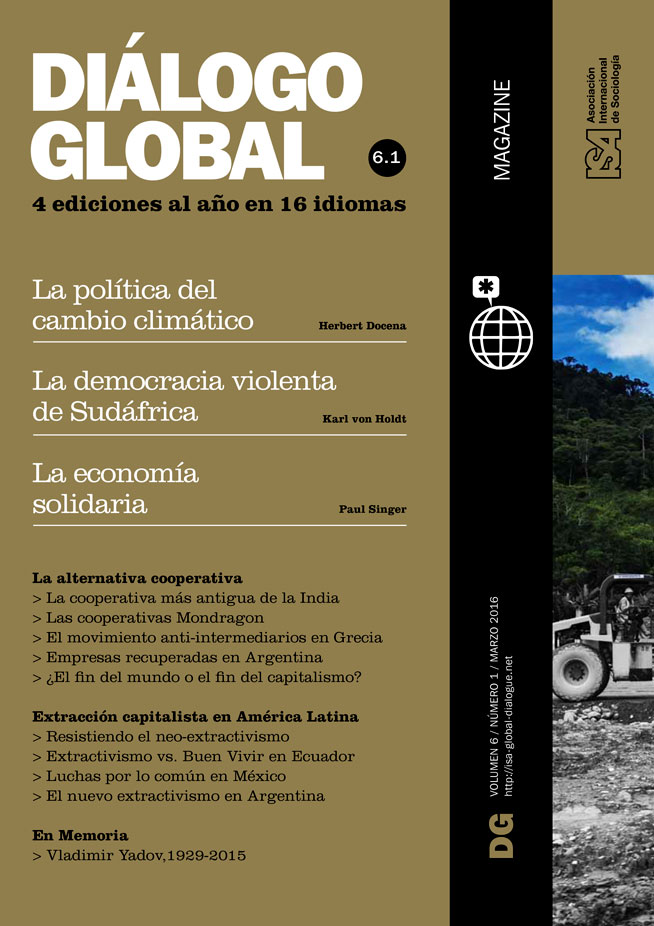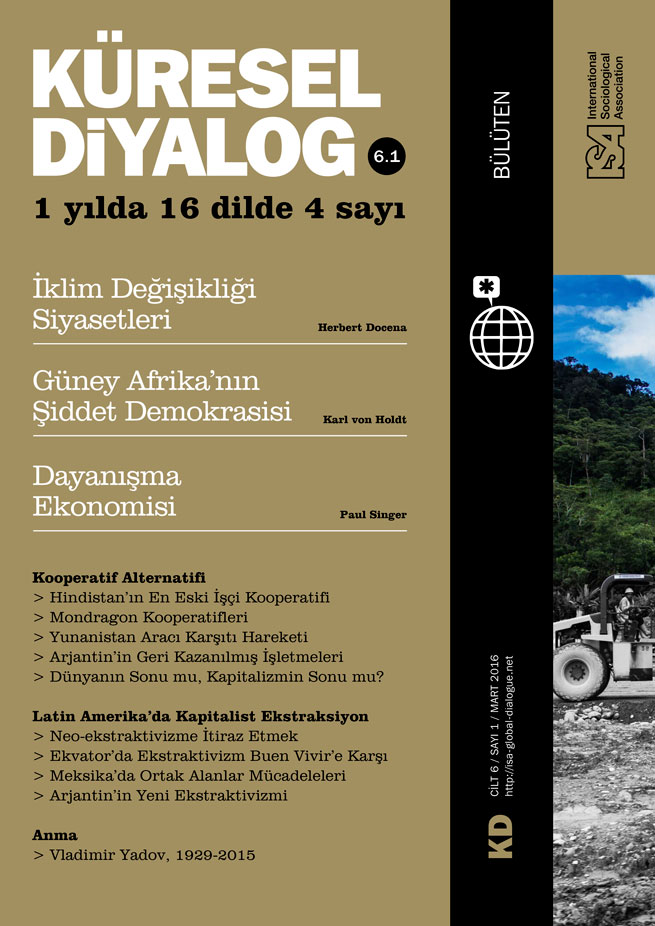Over the past fifteen years there has been a rise in environmental struggles in Mexico against what Maristella Svampa (2013) calls “Commodity Consensus” – conflicts over the access, control, and management of common natural resources. At the heart of the struggles is a type of extractivism that commodifies social wealth for the accumulation of capital involving three processes (Navarro, 2015):
- The development of a new agro-industrial transnational food sector, which excludes small rural producers and undermines peasant economies;
- The expansion of highways, ports, airports, railroads and touristic megaprojects linked to the new extractivism;
- And the fragmentation of the social fabric resulting from major infrastructure projects and urban expansion that threaten cultivated and protected areas.
These changes have been boosted by both national and transnational capital in alliance with different levels of government and organized crime. Juridical strategies, involving cooptation, disciplining and dividing communities support these new spheres of exploitation and marketing.
Accordingly, there has been a distressing increase in detentions and violence against participants in these struggles for the defense of the commons. The Mexican Center of Environmental Law (CMDA) reported 44 killings of environmentalists between 2005 and 2013; in the same period there were 16 cases of criminalization, 14 cases of illegal use of force and 64 illegal detentions. Despite this oppression resistance movements have continued to emerge throughout Mexico, led, principally, by indigenous and peasant communities and, lately, by urban autonomist groups. Rural communities have launched strategic offensives to boycott the construction of hydroelectric dams that threaten them with displacement and thus endanger access to their subsistence. In Guerrero, the Council of Ejidos and Communities (CECOP) has become renowned for its successful twelve-year campaign to block the building of the Parota dam.
At the same time, within the past 15 years, the Mexican government has given 24,000 concessions to promote open-air mining and fracking for the extraction of shale gas. The spread of Genetically Modified Organisms is yet another arena where there has been persistent resistance of peasant and indigenous communities. The determination of these movements recently won a trial to freeze the permits allowing corporations to grow genetically modified corn. Other struggles target highway, railroad, port and airport infrastructural projects that aim to reduce the cost of transporting raw materials. The People’s Front in Defense of the Land in Atenco, Estado de Mexico, has, once more – as in 2001 – opposed the construction of the New International Airport of Mexico City. Touristic megaprojects have threatened communities of peasants and fishermen as well as rich biodiverse zones. The struggle of the Cabo Pulmo community has become symbolically important for its blocking a devastating megaproject that threatened one of the most important coral reefs in the world.
In cities such as Mexico City and Puebla, dozens of movements seek to prevent infrastructure projects in areas that are protected or used for agriculture. Many neighborhoods are affected by open-air landfills and toxic waste dumps as well as by polluted rivers and waterways. There have been huge spills of toxic substance caused by open-air extractivism such as the 40 million liters of copper sulfate that spilled into the Sonora River in northern Mexico, affecting some 23,000 inhabitants who are now organized as the United Front against Grupo México. In addition, there have been explosions and large spills from the extraction operations of PEMEX, the state-owned petroleum company.
Even if communities have not always succeeded in defending their territories, they have been able to delay and in some cases stop megaprojects. This has been possible through unprecedented collective self-organization and building on traditional forms of government. For instance, the indigenous communities of Cherán in Michoacán have managed to contain the destruction of their forests, defending their communities from both tree-cutters and organized crime.
Undoubtedly, these struggles have been educative with regard to the dangers of capitalist development as well as pointing to possible alternatives that might protect the reproduction of human and non-human life. The struggles for the commons have a political horizon with two objectives: first, the re-appropriation of the political to re-shape our own communities and second, the re-appropriation of capacities and conditions for an autonomous symbolic and material reproduction of life. The regeneration and protection of common goods is the basis of human existence but whether communities will be allowed to regulate access to and use of these common goods is a central question in the contemporary crisis of human civilization.
References
Navarro, M. L. (2015) Luchas por lo común. Antagonismo social contra el despojo capitalista de los bienes naturales en México. Mexico: ICSyH BUAP/ bajo tierra ediciones.
Svampa, M. (2013) “Consenso de los ‘Commodities’ y lenguajes de valoración en América Latina” in Nueva Sociedad, 244.
Mina Lorena Navarro, Benemérita Universidad Autónoma de Puebla, Mexico <mina.navarro.t@gmail.com>
